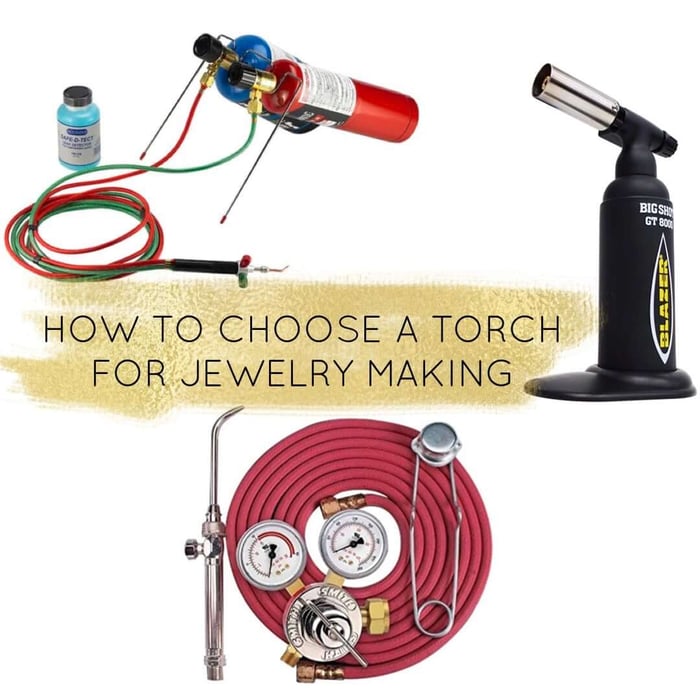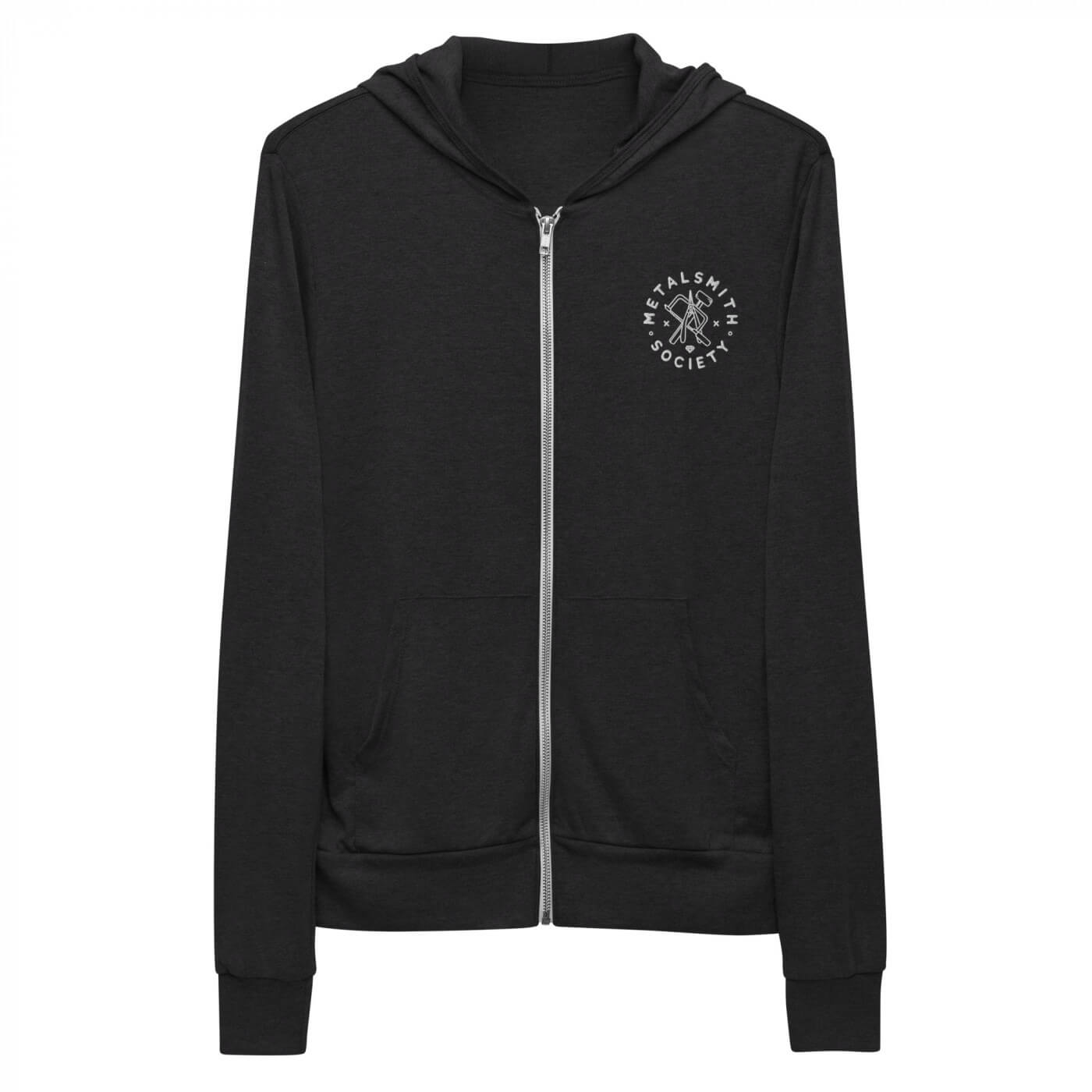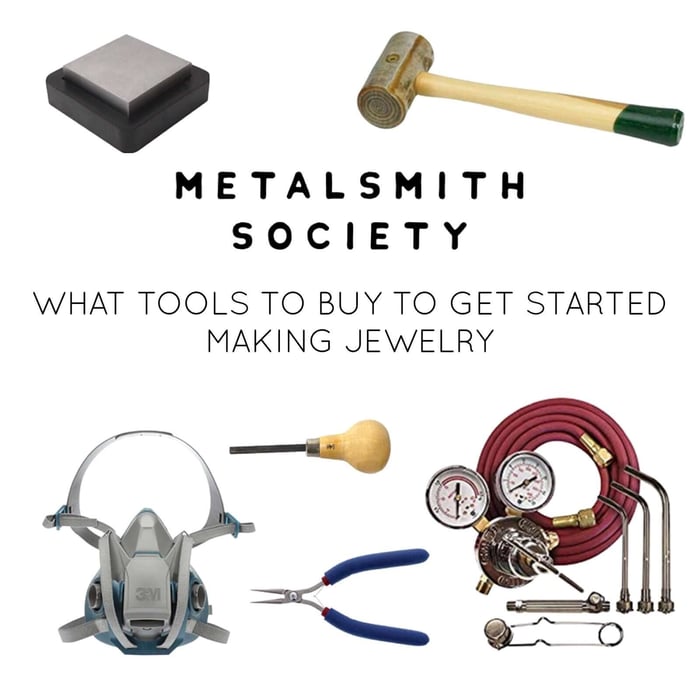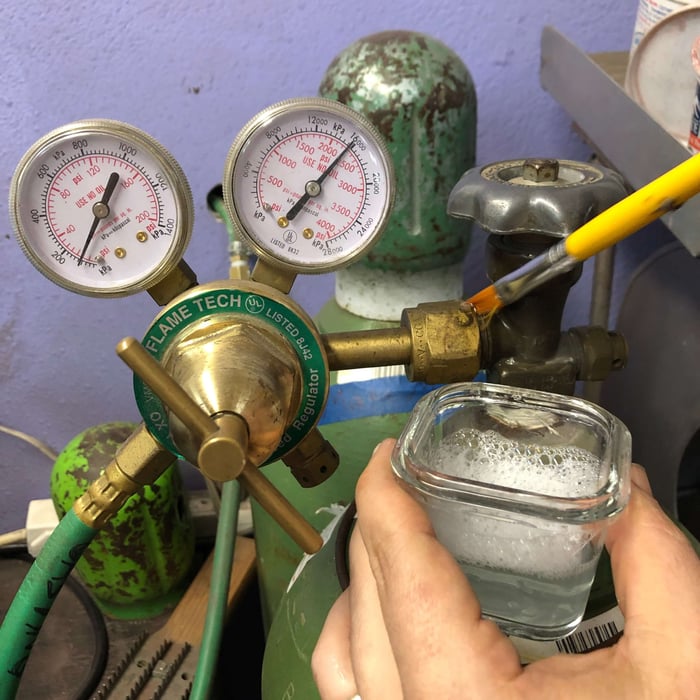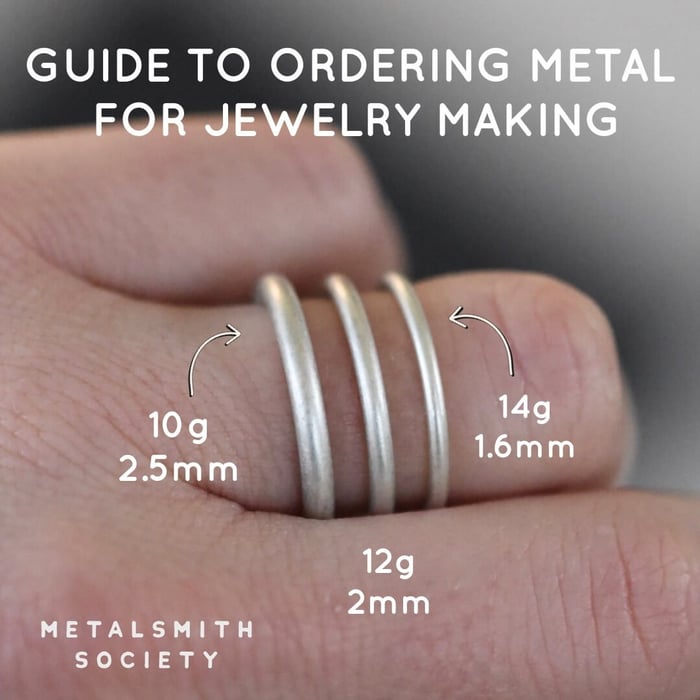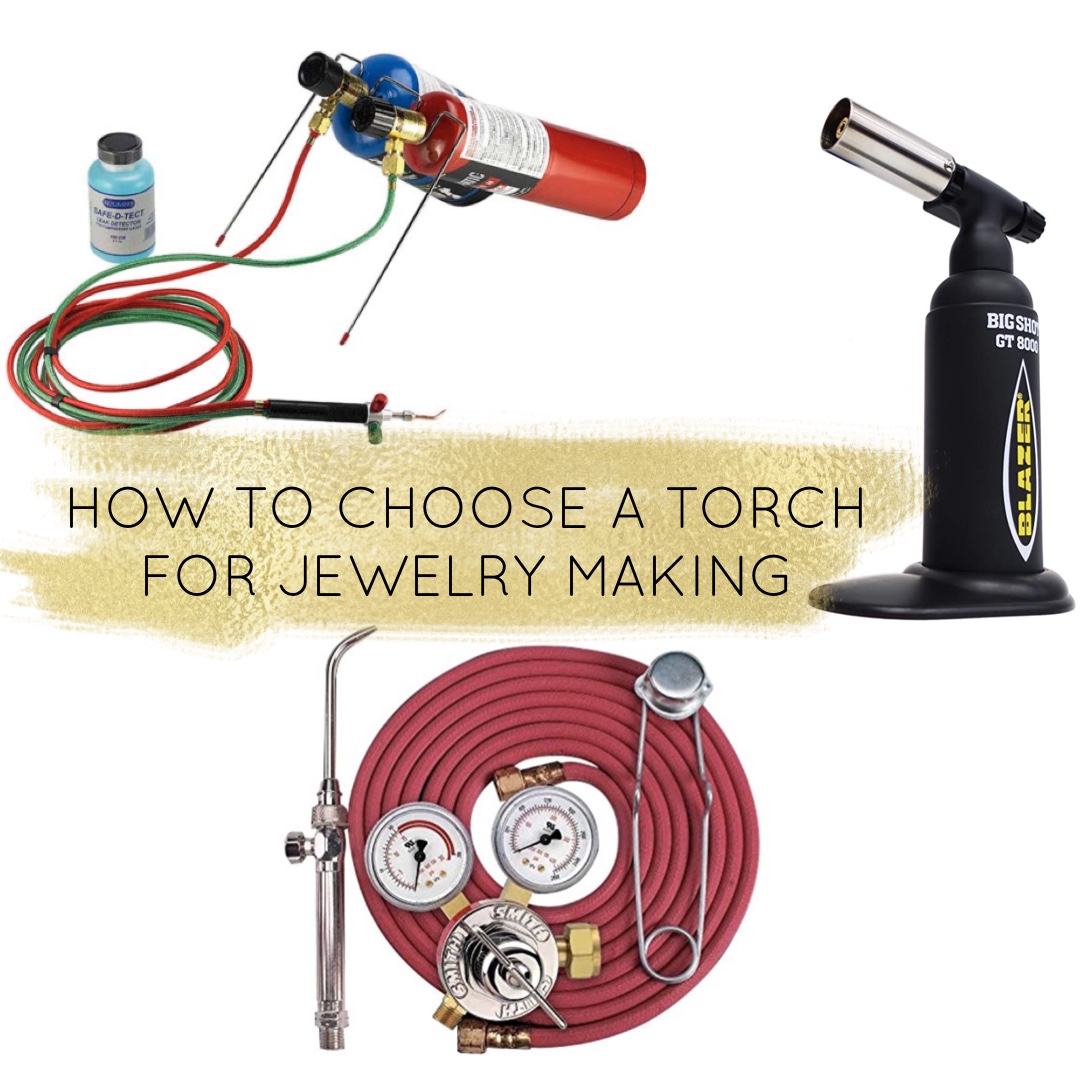
HOW TO CHOOSE A TORCH FOR JEWELRY MAKING
*Updated 3/23/2020 this post contains some affiliate links. Also this article still ROCKS almost two years later, just sayin.
If you have stumbled upon this article while searching for the best torch to purchase for jewelry making, welcome! There are so many options out there that I struggled to write this article! So I figured I would simply share some pros and cons of a few options. To give those that are new to jewelry making some insights into the different torch types.
BUTANE TORCHES
Here are some pros and cons for working with butane torches from Sara Meska-Flatten owner and designer of Dashota Jewelry:
PROS:
- They are great for beginners on a budget.
- They are very portable and can be stored most anywhere so long as it’s safe.
- Because of their size, they are ideal for those working in a small studio.
CONS:
- No interchangeable tips. If you need a smaller, more precise flame for detailed work and a large, hot flame for heavier gauge metals, you’ll likely need two torches to accomplish this.
- Butane canisters = more waste. Because we are buying canisters of butane every time we need a refill instead of getting tanks filled, more landfill waste is produced.
- Lower price-points for butane torches often means lower quality, which can lead to things like line leaks which can be unsafe.

@dashota uses these two butane torches. " I love my small Dremel torch for many reasons, but I absolutely love that I can turn it off with one hand while I’m using it. It feels safer to me. My Blazer Big Shot torch has changed the game for me. My favorite thing about it is the fact that it’s powerful. It has greatly increased my success rate with soldering larger pieces because I can quickly and more evenly heat the metal."

@alwaysaleda owns both an oxygen/propane and this butane torch and she gets much more use out of her butane! "It has an adjustable flame. At it's highest, larger objects are no big deal and at its lowest dial setting I can solder chain!"
ACETYLENE/AIR TORCH
This is a super common torch used for jewelry making that consists of a single tank (acetylene b tank) filled with acetylene gas that mixes with air at the torch head. This set up is my preference and the one that I recommend and use in my book.
PROS:
- Tanks can be easily obtained at plumbing supply stores.
- You can purchase a variety of torch tips, which allow you to solder small pieces and large pieces.
- Great for soldering brass and copper, melting metals and other jobs that require a lot of heat!
CONS:
- Price point for a regulator is a bigger investment (average is $200), but with proper maintenance should last several decades
- Generally the smallest torch tips for acetylene tanks will not be appropriate for soldering super delicate things.

@hemlockstreetjeweler shows both her acetylene torch (on the left) and her oxygen/propane torch which she uses with a Smith Little Torch regulator (on the right).
OXYGEN/PROPANE TORCH
Here are some pros and cons of working with an oxygen/propane system from Jessie Corigliano owner and designer of @hemlockstreetjeweler.
PROS:
- Burns the cleanest when used properly, meaning it's less toxic for a closed off environment than acetylene is. This doesn't mean propane is "safe", just that it produces more oxygen at complete combustion than acetylene does. (this is a comparison between propane and acetylene only - I never did research on Butane so I can't say anything on that matter).
- It produces little, if any, carbon monoxide gas (when used properly!)
- If you are uneasy about having big oxygen and gas tanks hanging around inside your home, you can purchase Bernzomatic brand disposable oxygen and/or propane tanks at your local hardware store. (Acetylene doesn't come in small tanks - you have to buy large which can be intimidating and scary to have inside your home for some)
- Considerably a lot less expensive to set up initially. You don't have to purchase an acetylene tank or pay to fill it, which is expensive right off the bat. And you don't need pressure gauges on the disposable tanks if you decide to go that route. The Propane torches are also less expensive than bigger torches.
- Most oxy-propane torches are smaller torches. Compare the Smith Little Torch to the Smith Silversmith Torch for example. They vary in size drastically, from torch handle to flame. While the smaller oxy-propane torches were designed purposely to use for jewelry making, a larger torch may be needed if you are melting large amounts of scrap, working on large scale items or if you are trying to do certain techniques that require a larger flame like reticulation. Most larger torches run on acetylene gas not propane.
- If using disposable oxygen tanks from the hardware store, it is expensive over time. A large acetylene tank will last you longer and cost less to refill.
Hopefully this gives some insights into some of the differences between the torches. The two main things to consider are your budget and the size flame you need for your designs. If you are constantly soldering larger cuffs for example, you will probably like an acetylene tank. If you are working on rings and pendants and working within a budget then a butane torch could be a perfect solution for you! Set ups with oxygen are wonderful and versatile as well. No matter what torch you purchase, you should feel confident when working with it. I often recommend if you can, visit a local plumbing supply and ask someone to show you how to use your regulators and check for leaks so that you feel empowered. Many jewelers learn on a particular gas system, whether it be at school, in a workshop or from a mentor and then go on to use that system because they are comfortable with it. If you want to read more about torches check out this article from Kelly of MERITMADE.
Thank you to the artists who contributed to this article by sharing their experiences. There were many more on Instagram that also added to the conversation and I appreciated everyone's feedback. If you click on any of these links and make a purchase, you are supporting Metalsmith Society (thanks!) but shopping local is always nice.


You can purchase a Smith regulator with torch tips, and then go to your local plumbing store and rent an acetelyne b tank.

You can purchase a Smith Little Torch Propane and Oxygen set for disposable tanks.


Don't forget a torch striker and replacement flints!
No matter what you decide please be aware of counterfeit torches! They can be dangerous! If a price is too good to be true, it likely is! Purchase your equipment from reputable dealers!

